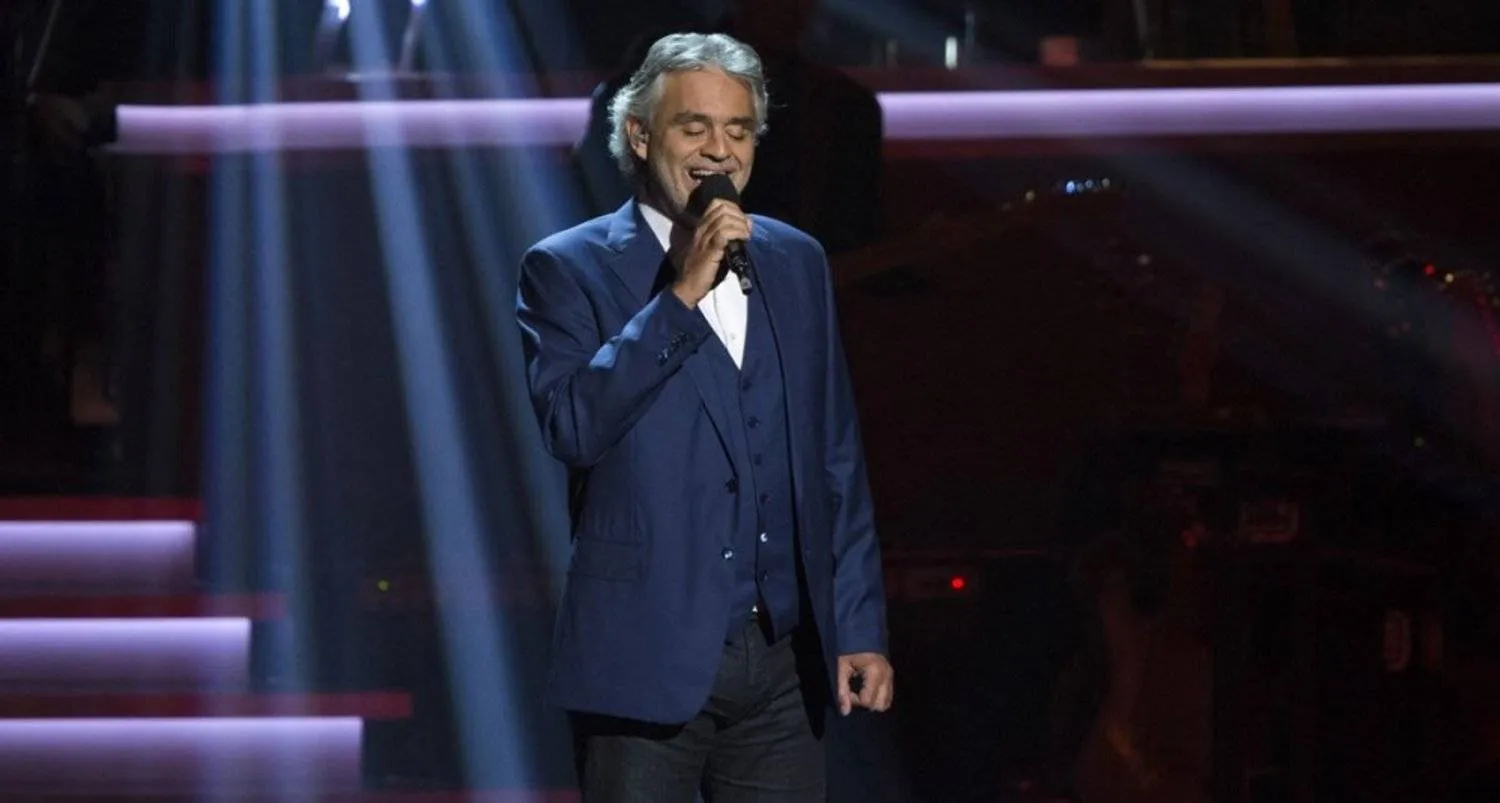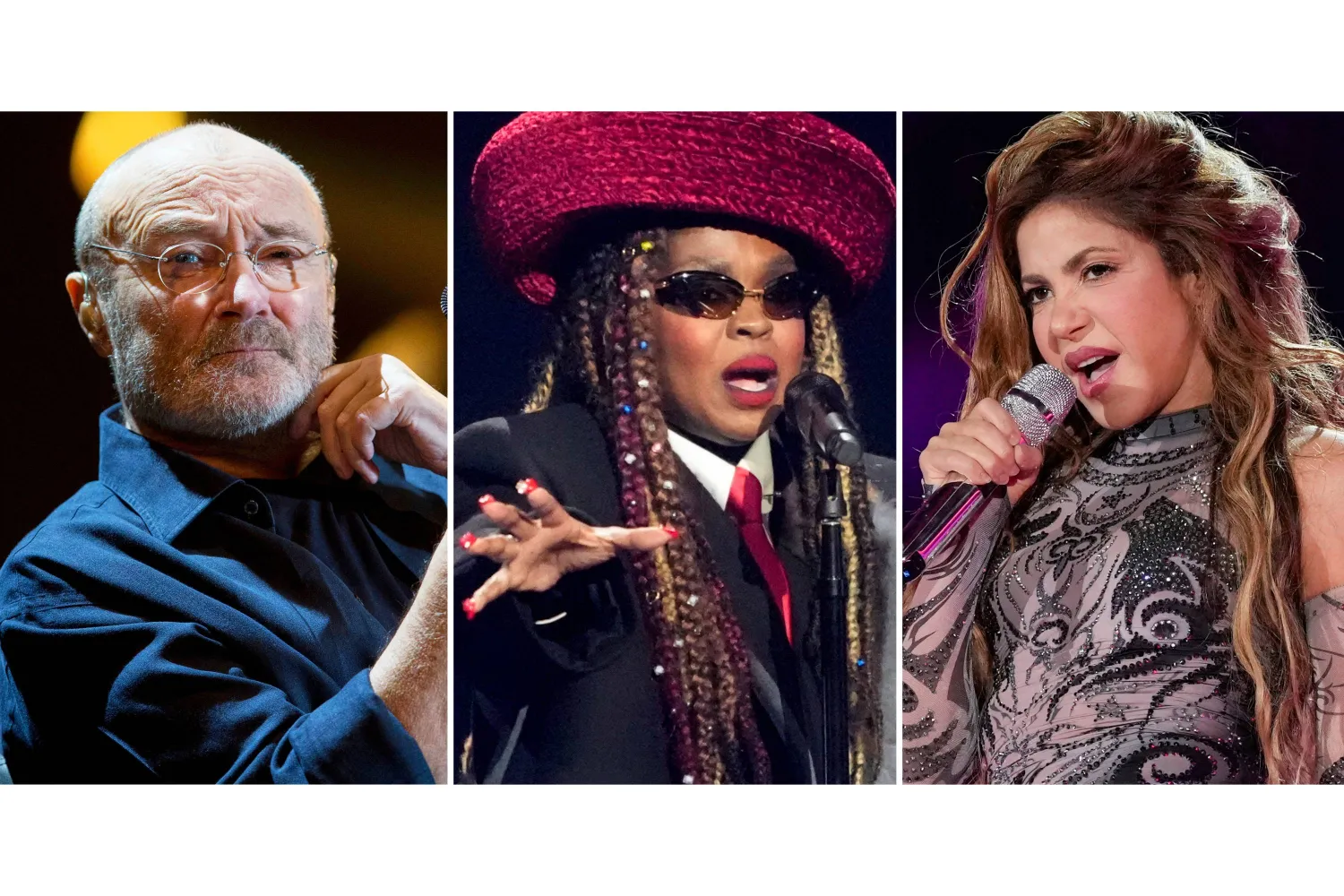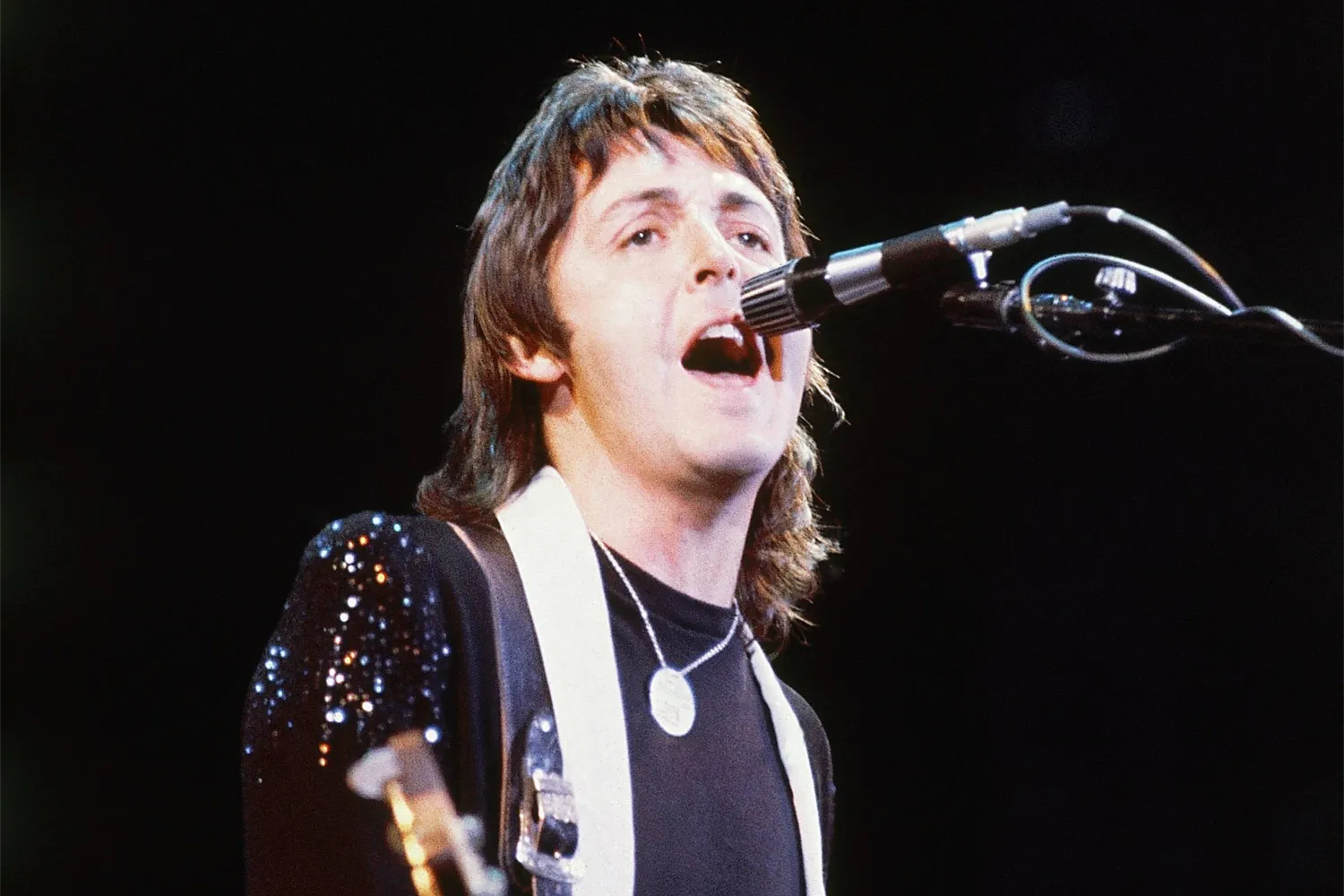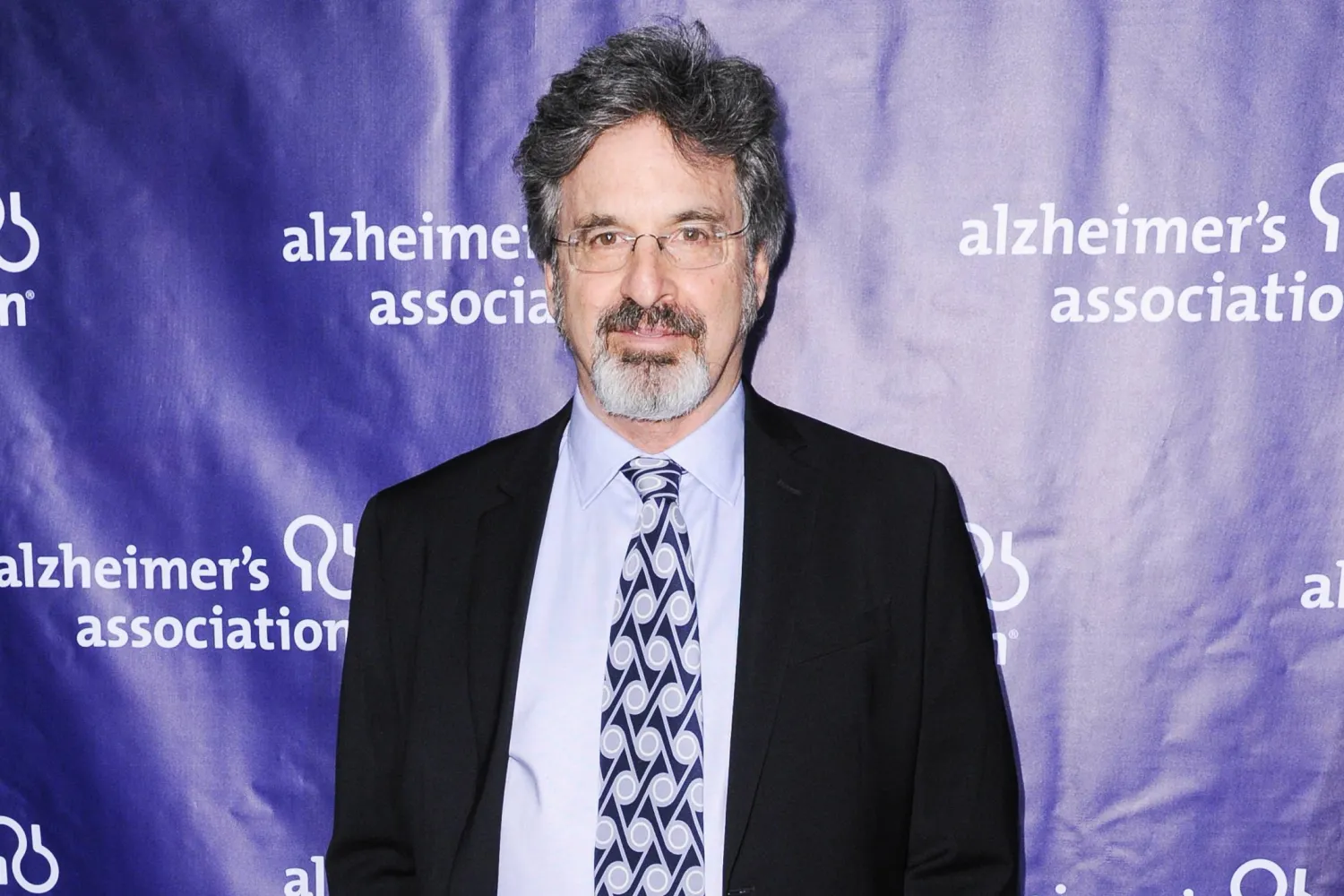It's one of the most immediately recognizable voices on the planet: Andrea Bocelli's tenor is beloved across generations, cultures and borders, known to induce tears in as few as three simple words: “Con Te Partirò,” or in its English performance, “Time to Say Goodbye.”
This year, he's celebrating the 30th anniversary of his career with a new compilation album, “Duets,” featuring both previously released and brand-new collaborations of his best-known work — as well as a few surprising contemporary covers — and the release of a new concert film, “Andrea Bocelli 30: The Celebration,” which will arrive in theaters on Friday, The Associated Press said.
So, why duets?
“I've loved voices since when I was a child, and I like very much to share the stage with the best artists and voices. So, this album, there are the best duets that I did in my life,” he told The Associated Press. “From the first, ‘The Prayer’ with Celine Dion, until the last, like ‘Perfect’ with Ed Sheeran and many, many others. And the album has been remastered and remixed. So, I hope the sound can be better."
He says: “The most important thing in voices... is to be recognizable, to give emotion."
Sheeran was an interesting collaboration because when Bocelli first attempted to sing “Perfect," the English singer-songwriter wasn't a fan. “He didn’t like what I did because I sang in a pop style,” he recalls. “He wanted to listen to my voice, like in an operatic style.” So, Sheeran traveled to Bocelli's home in Tuscany, and the song was transformed. “He was right because this song had a huge success.”
When asked if there is anyone he would've loved to add to the “Duets” collection, Bocelli says of course — but “they passed away before I began to sing. For example, I would like very much to sing with Maria Callas or (Renata) Tebaldi or Magda Olivero. Many great, incredible singers. They are not anymore with us, unfortunately.”
Three decades into his career, Bocelli has performed for presidents, popes, and sold-out stadiums across the globe — in addition to having sold nearly 90 million records worldwide, according to a press release. “Reality exceeded my wildest dreams,” he says.
How he reflects on that time should come as no surprise. “I like to sing to the future. Honestly, I don’t like to think with nostalgia to the past," he says. “My first time on stage, for me it is like yesterday. The time is gone so quickly, so fast. And, yeah, now I like to think to the future.”
So, what, then, does he hope becomes his legacy in the next 30 years, 300 years? “In Italy, we have a very famous expression: The people that come after us will judge us,” he says with a translator. “So I can’t force the judge(ment) of the people. But I feel that my audience has a big affection for me, and this is my goal. When somebody in the street comes to me and says (to) me, ‘Thank you for your voice, for your music,’ I think mission is accomplished."
Across “Duets,” Bocelli sings in Italian, English, French and Spanish. “There are many languages, but it’s so difficult. I remember the day I tried to sing in Chinese, only few lines, but it has been so hard for me,” he laughs.
He also performs across genres, working with everyone from Latin superstars like Karol G and Jennifer Lopez to country musicians like Chris Stapleton and Shania Twain. “I would like to try to sing jazz," he says. “But it’s too difficult for me because you must live in an atmosphere, to learn step by step, day by day. I like jazz but it’s too far from the experience of my life.”
There is little he hasn't done across these last three decades, but the ultimate goal now, he says, is steeped in faith. “I have been very lucky and I reached the affection of the people. Now I must try to deserve the affection of the God. It’s more difficult."
But he will continue to perform for those who love him. On Dec. 4, Bocelli's US tour kicks off in San Diego and runs through the month, before commencing again in February and June 2025. The final dates will be held in Napa Valley, California, on June 21 and 22.
Andrea Bocelli on His New Album, Film and 30 Years of Making Music: 'I Like to Think to The Future'

Tenor Andrea Bocelli. (Reuters)

Andrea Bocelli on His New Album, Film and 30 Years of Making Music: 'I Like to Think to The Future'

Tenor Andrea Bocelli. (Reuters)
لم تشترك بعد
انشئ حساباً خاصاً بك لتحصل على أخبار مخصصة لك ولتتمتع بخاصية حفظ المقالات وتتلقى نشراتنا البريدية المتنوعة







